17 Totally Legal ’70s Shenanigans That Would Be Illegal Now
Ah, the 1970s! Bell-bottoms, disco balls, and a whole lot of freedom that would make modern safety regulators faint.
Back then, people did things that seemed totally normal but would get you fined, arrested, or at least seriously side-eyed today.
Join us as we take a groovy trip down memory lane to explore wild behaviors that were perfectly legal in the ’70s but are now strictly off-limits.
1. Smoke Inside Restaurants And Bars

Picture walking into your favorite diner and being greeted by a cloud of cigarette smoke so thick you could barely see the menu. Back in the ’70s, lighting up indoors was as common as ordering fries with your burger.
Nobody batted an eye when smokers puffed away right next to families enjoying dinner. Waitresses carried ashtrays alongside menus, and the smell of tobacco mixed with burgers was just part of the dining experience. Health concerns about secondhand smoke hadn’t yet changed laws or attitudes toward indoor smoking habits.
2. Drive Without Seat Belts

Cruising down the highway with the windows down and not a seat belt in sight? That was just another Tuesday in the ’70s. Cars had seat belts, but wearing them was optional, and most people skipped the hassle entirely.
Parents would pile kids into the back seat without a second thought about restraints. You might even find children standing up or bouncing around while the car was moving. Today, not buckling up can earn you a hefty ticket and serious judgment.
3. Let Kids Play Outside Unsupervised

Remember when kids disappeared after breakfast and only returned when the streetlights came on? That was childhood in the ’70s, and parents didn’t worry about constant supervision or GPS tracking.
Children roamed neighborhoods freely, explored woods, and created adventures without helicopter parents hovering nearby. Today, leaving young kids alone outside could result in child protective services getting involved. Times have certainly changed when it comes to parenting expectations and community safety standards.
4. Drink And Drive Without Consequences
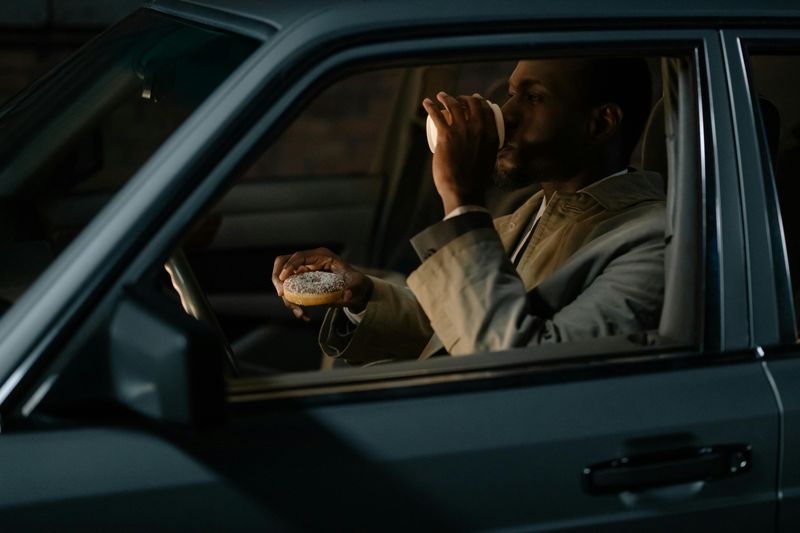
Believe it or not, having a few beers and then hopping behind the wheel wasn’t treated as the serious crime it is today. Drunk driving laws existed but were rarely enforced with the strictness we see now.
Police might let someone sleep it off rather than arrest them. Breathalyzers weren’t standard equipment, and the legal blood alcohol limits were higher. Modern DUI laws carry severe penalties including jail time, hefty fines, and license suspension that would shock ’70s drivers.
5. Work Without Proper Safety Gear
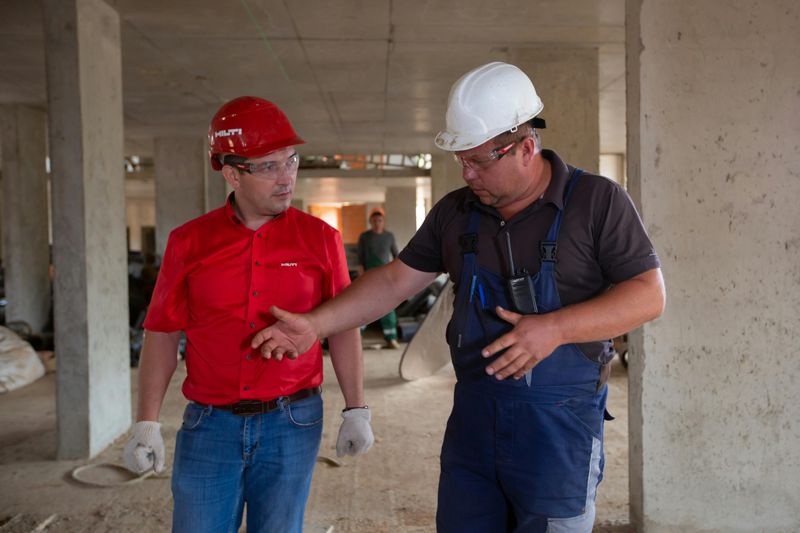
Hard hats? Safety goggles? Steel-toed boots? Many workers in the ’70s considered protective equipment more of a suggestion than a requirement.
Construction workers, factory employees, and laborers often performed dangerous tasks with minimal protection. Workplace safety regulations existed but weren’t enforced nearly as strictly as today.
OSHA was still new, and many companies prioritized productivity over worker protection. Now, failing to provide proper safety equipment can result in massive fines and legal consequences.
6. Use Lead-Based Paint Freely

Painting your house was simple in the ’70s because you didn’t worry about what was actually in the paint. Lead-based paint covered walls in homes, schools, and playgrounds across America without anyone losing sleep over it.
The bright, durable finish made it popular despite growing evidence of health risks. Children were exposed to lead poisoning through peeling paint and dust. Today, using or disturbing lead paint without proper precautions is illegal and requires certified professionals.
7. Dump Chemicals Into Rivers
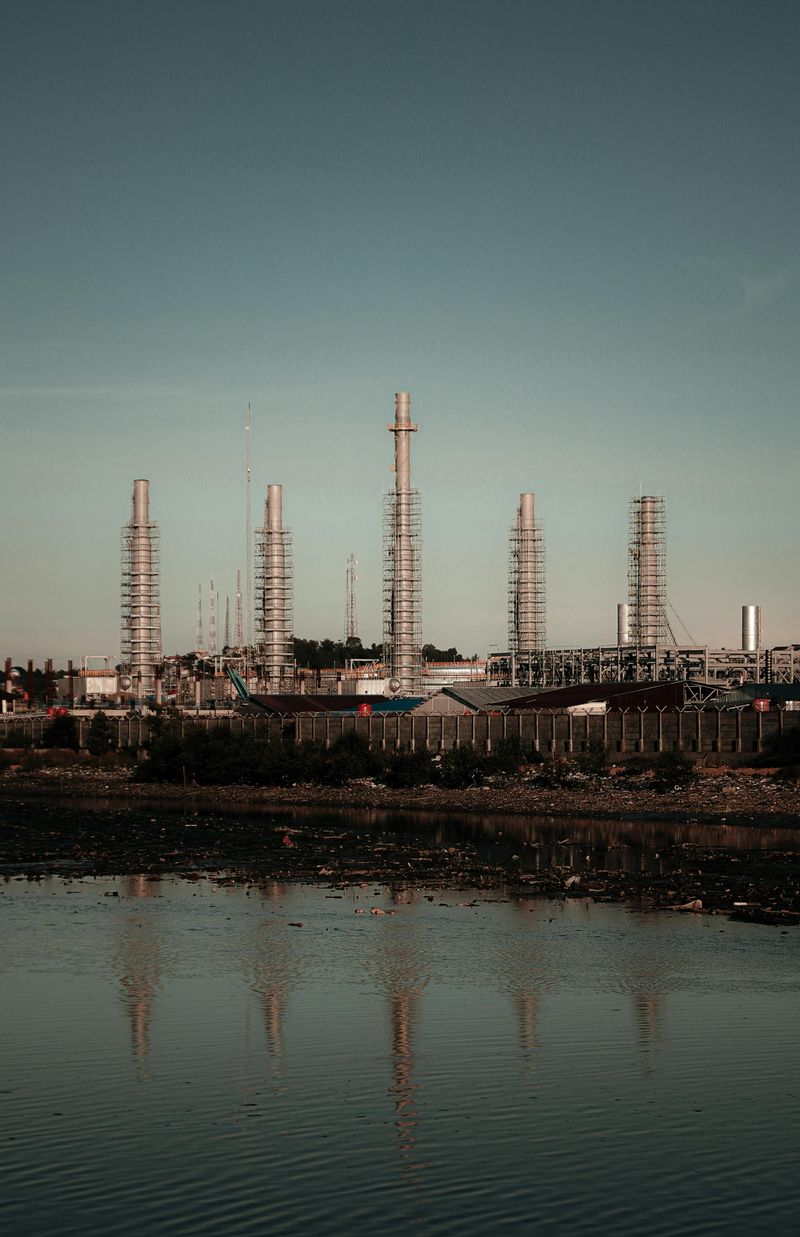
Factories treating rivers like convenient trash cans was shockingly common before environmental laws tightened up. Industrial waste flowed directly into waterways, turning rivers into toxic soup without much pushback from authorities.
Companies saw dumping as cost-effective waste management rather than environmental crime. Fish died, water became undrinkable, and entire ecosystems collapsed. The Clean Water Act eventually changed everything, making such pollution illegal and punishable by serious fines.
8. Ride A Motorcycle Without A Helmet

Feeling the wind whip through your hair while cruising on a motorcycle was the ultimate freedom in the ’70s. Helmets were available but definitely not mandatory in most states.
Bikers viewed helmet laws as government overreach into personal choice. Many riders preferred the unobstructed experience despite obvious safety risks. As motorcycle accident statistics mounted, states began requiring helmets. Now, most places mandate protective headgear, and riding without one results in tickets and increased insurance rates.
9. Textbooks With Unregulated Content

School textbooks in the ’70s contained content that would raise eyebrows today. Publishers operated with minimal oversight, and books included outdated stereotypes, questionable historical interpretations, and sometimes outright misinformation.
Gender roles were rigidly portrayed, and diversity was barely acknowledged. Scientific information lagged behind current research. Modern textbook approval processes involve rigorous review boards that examine accuracy, inclusivity, and age-appropriateness.
Publishers now face strict standards and potential legal issues distributing inappropriate educational materials.
10. Keep Exotic Pets Without Permits

Want a pet monkey, lion cub, or venomous snake? In the ’70s, you could often just buy one without paperwork, permits, or questions asked.
Exotic animal ownership was loosely regulated, and roadside zoos sold dangerous creatures to anyone with cash. People kept wildcats in backyards and primates in basements.
As attacks increased and ecological concerns grew, laws tightened dramatically. Now, owning exotic animals typically requires special permits, inspections, and meeting strict care standards.
11. Have Open Fireplaces Without Screens
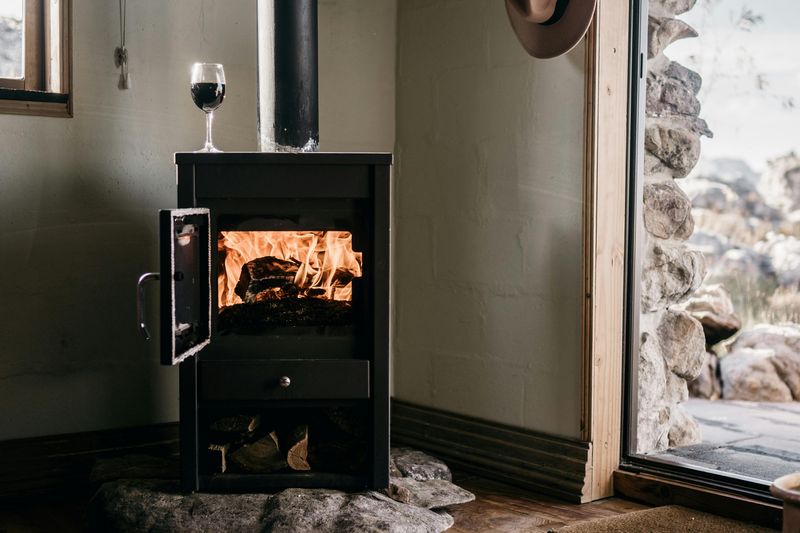
Cozy fires crackling away without any protective barriers was standard in ’70s homes. Fireplace screens were optional accessories rather than safety necessities, and many families skipped them entirely.
Children played near open flames, and sparks flew onto carpets without much concern. House fires started more frequently, but building codes were less stringent. Modern fire safety regulations now require screens and other protective measures. Landlords and homeowners can face liability if proper fireplace safety equipment isn’t installed.
12. Attend Concerts Without Security Checks

Walking into concerts in the ’70s meant simply buying a ticket and strolling inside. No metal detectors, bag searches, or pat-downs interrupted your journey to see your favorite band.
Security was minimal, and people brought whatever they wanted into venues. The relaxed atmosphere reflected different times before terrorism and mass shooting concerns changed everything. Today, extensive security screening is mandatory at virtually all large events. Venues refusing proper security measures face legal liability and potential shutdowns.
13. Sell Tobacco To Teens

Teenagers buying cigarettes was surprisingly unremarkable in the ’70s. Many states had minimum age laws, but enforcement was practically nonexistent, and store clerks rarely checked identification.
Vending machines dispensed cigarettes to anyone with quarters. Schools even had designated smoking areas where students could light up between classes.
As health research proved tobacco’s dangers, laws tightened dramatically. Selling tobacco to minors now results in steep fines, license suspension, and potential criminal charges.
14. Work Long Hours Without Overtime Pay

Clocking endless hours without extra compensation was expected in many ’70s workplaces. Labor laws existed but had loopholes employers exploited ruthlessly, especially with salaried workers.
Employees worked 60-hour weeks receiving the same pay as 40-hour weeks. Complaining risked termination in an era with weaker worker protections. Overtime regulations have since strengthened considerably.
Employers violating wage laws now face class-action lawsuits, back pay requirements, and significant penalties that protect workers better.
15. Build Homes Without Permits

Building additions, sheds, or even entire homes without government permission was surprisingly common in rural and suburban areas. Permit processes existed but weren’t uniformly enforced, especially outside major cities.
Homeowners constructed whatever they wanted on their property with minimal oversight. Inspections were rare, and building codes were less comprehensive. Today, unpermitted construction can result in demolition orders, hefty fines, and problems selling property. Code enforcement has become much stricter nationwide.
16. Consume Raw Milk From Any Source
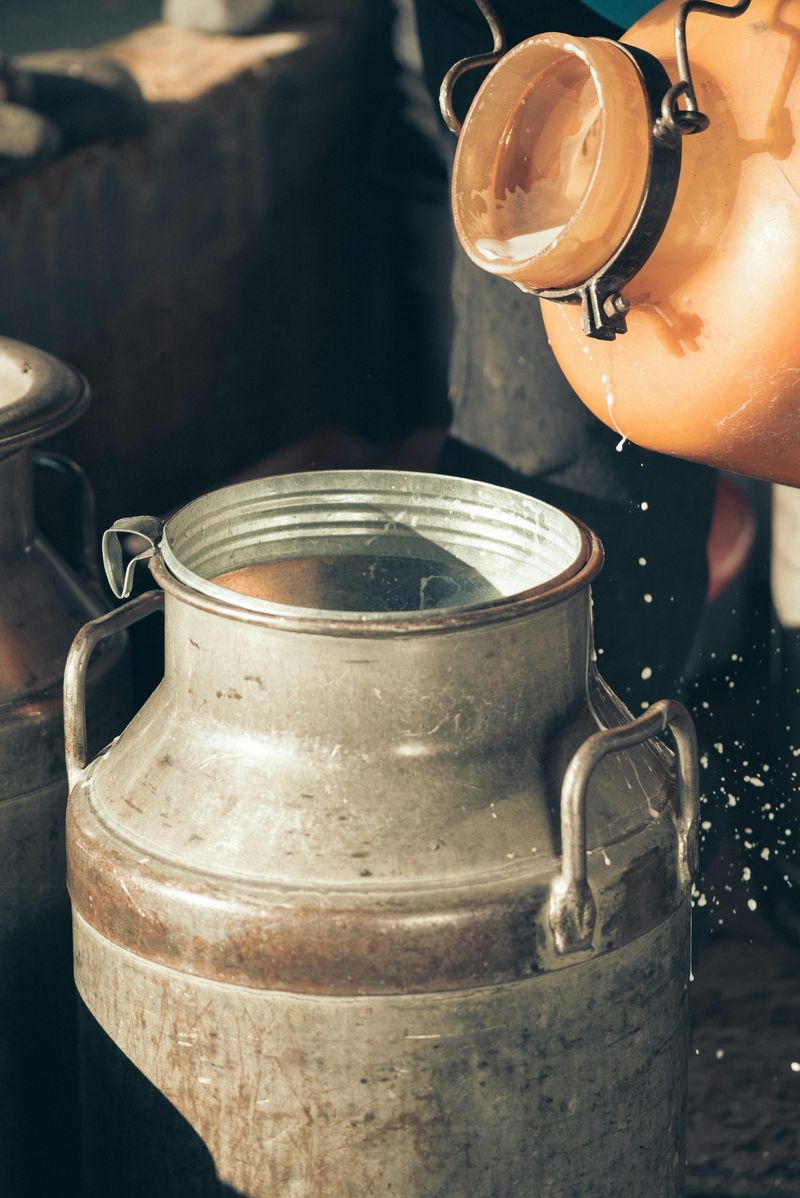
Drinking raw milk straight from local farms was perfectly normal and legal almost everywhere in the ’70s. Pasteurization was available but not universally required, and many people preferred milk without processing.
Farmers sold unpasteurized dairy products at roadside stands without health department interference. As foodborne illness outbreaks linked to raw milk increased, regulations tightened dramatically. Most states now ban raw milk sales entirely or restrict them heavily. Violating dairy safety laws brings serious legal and financial consequences.





